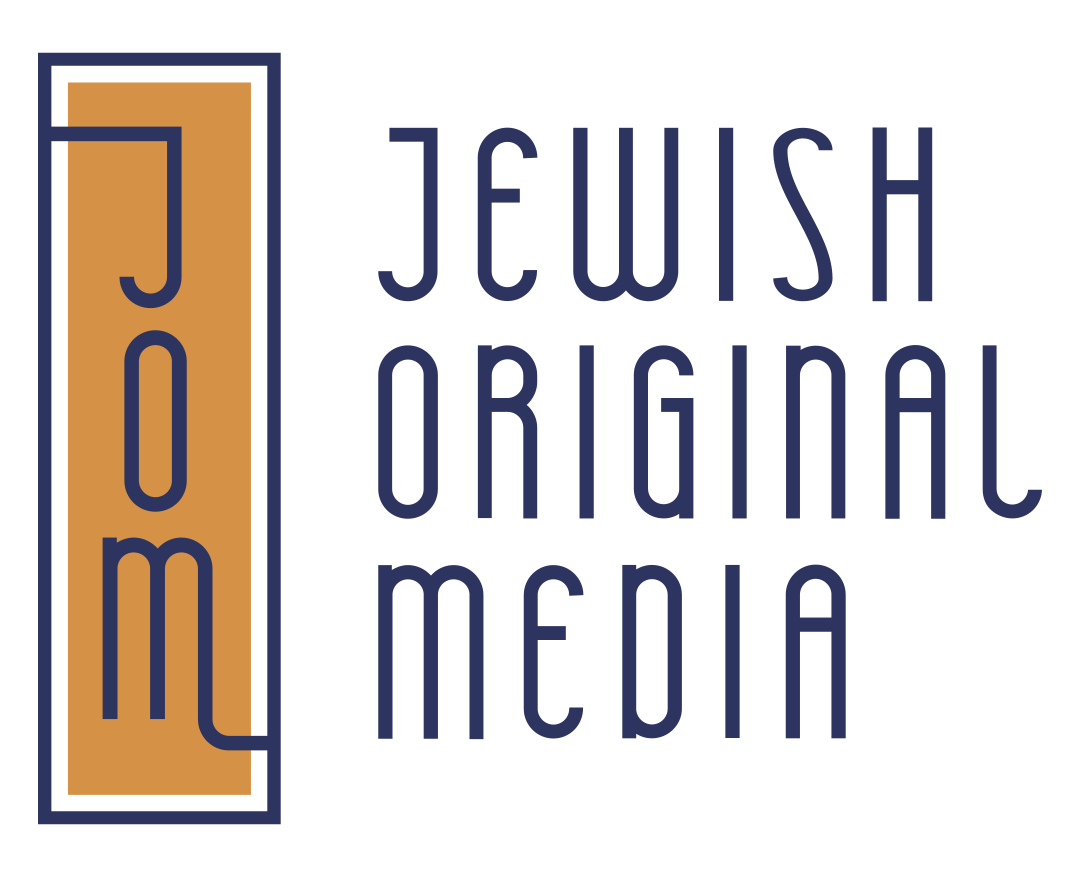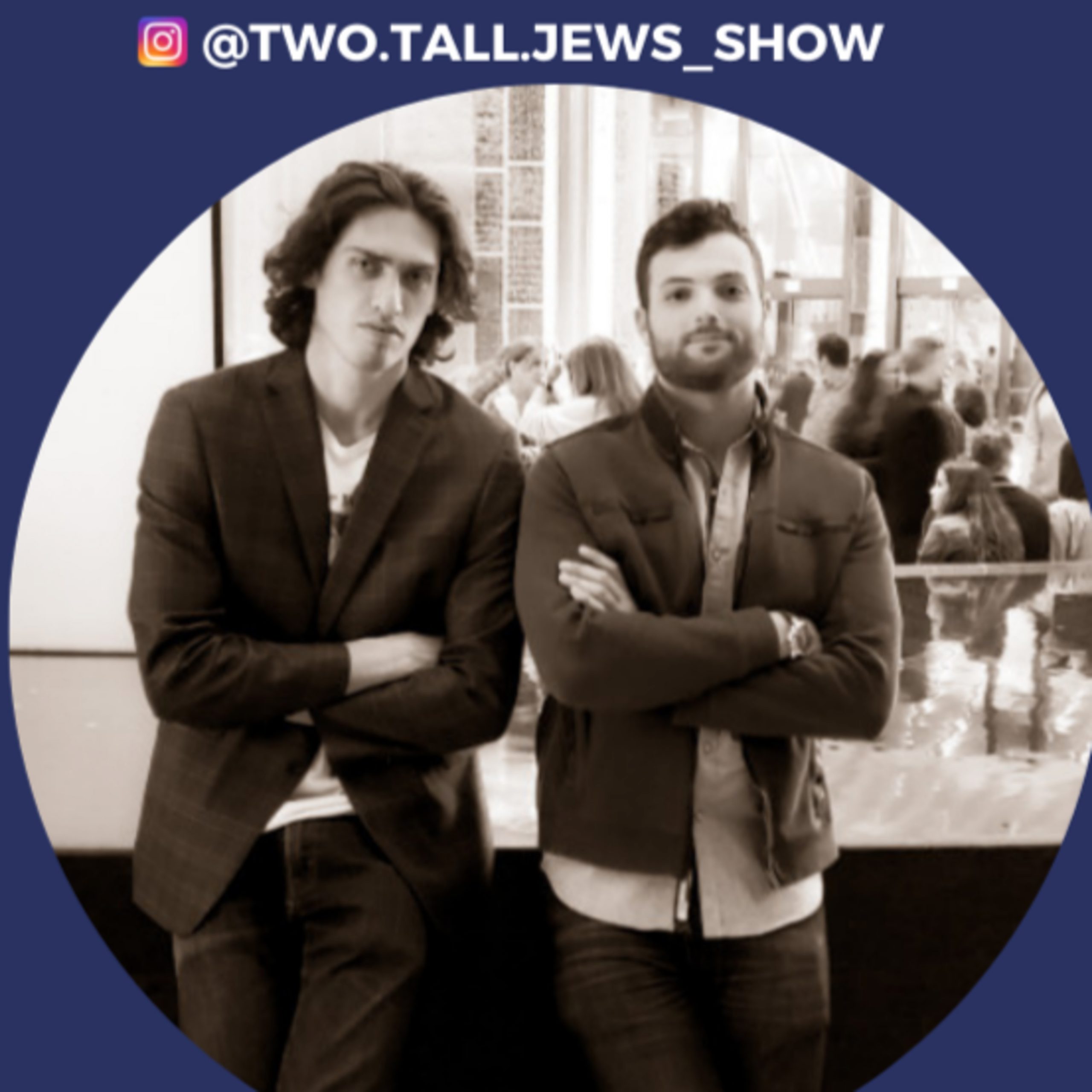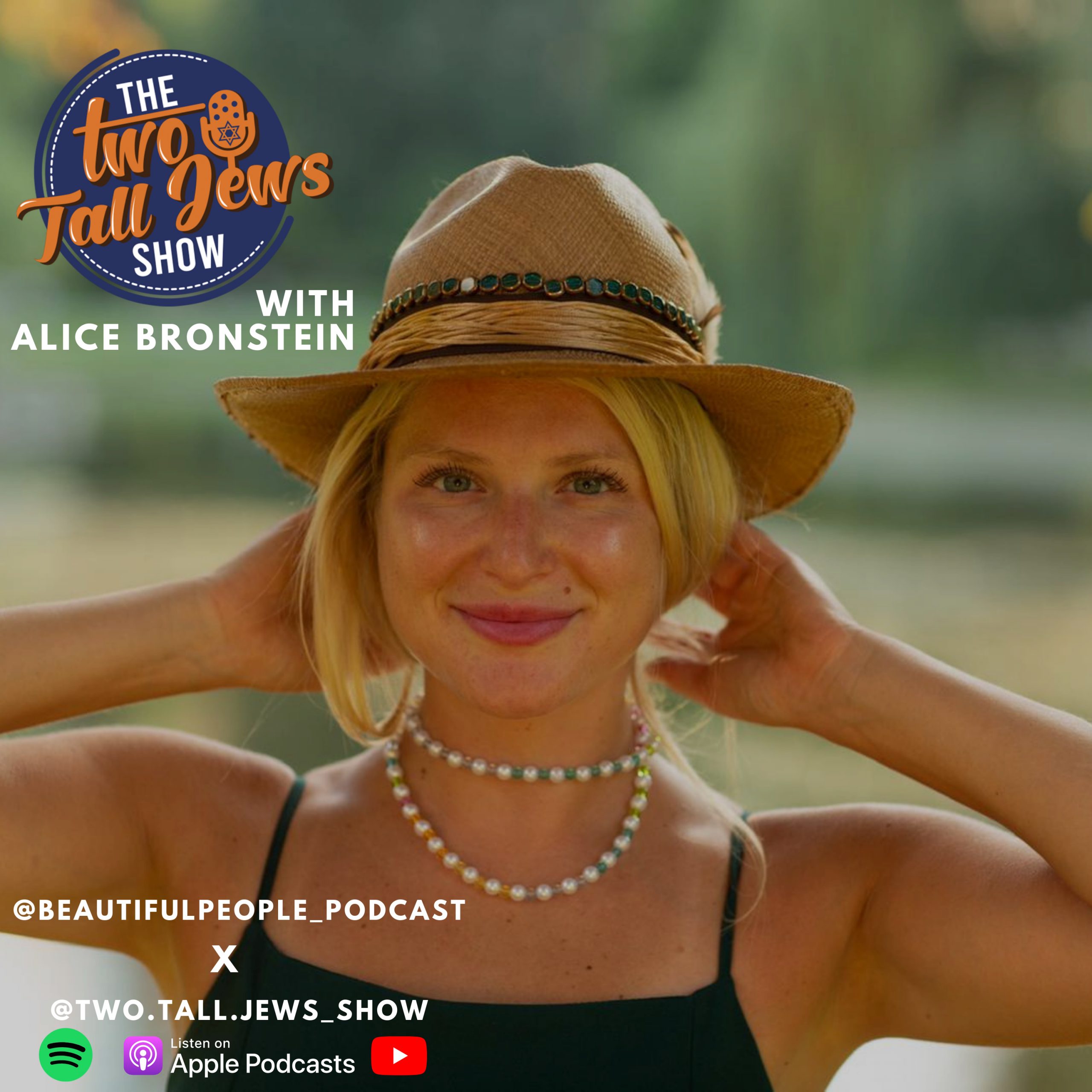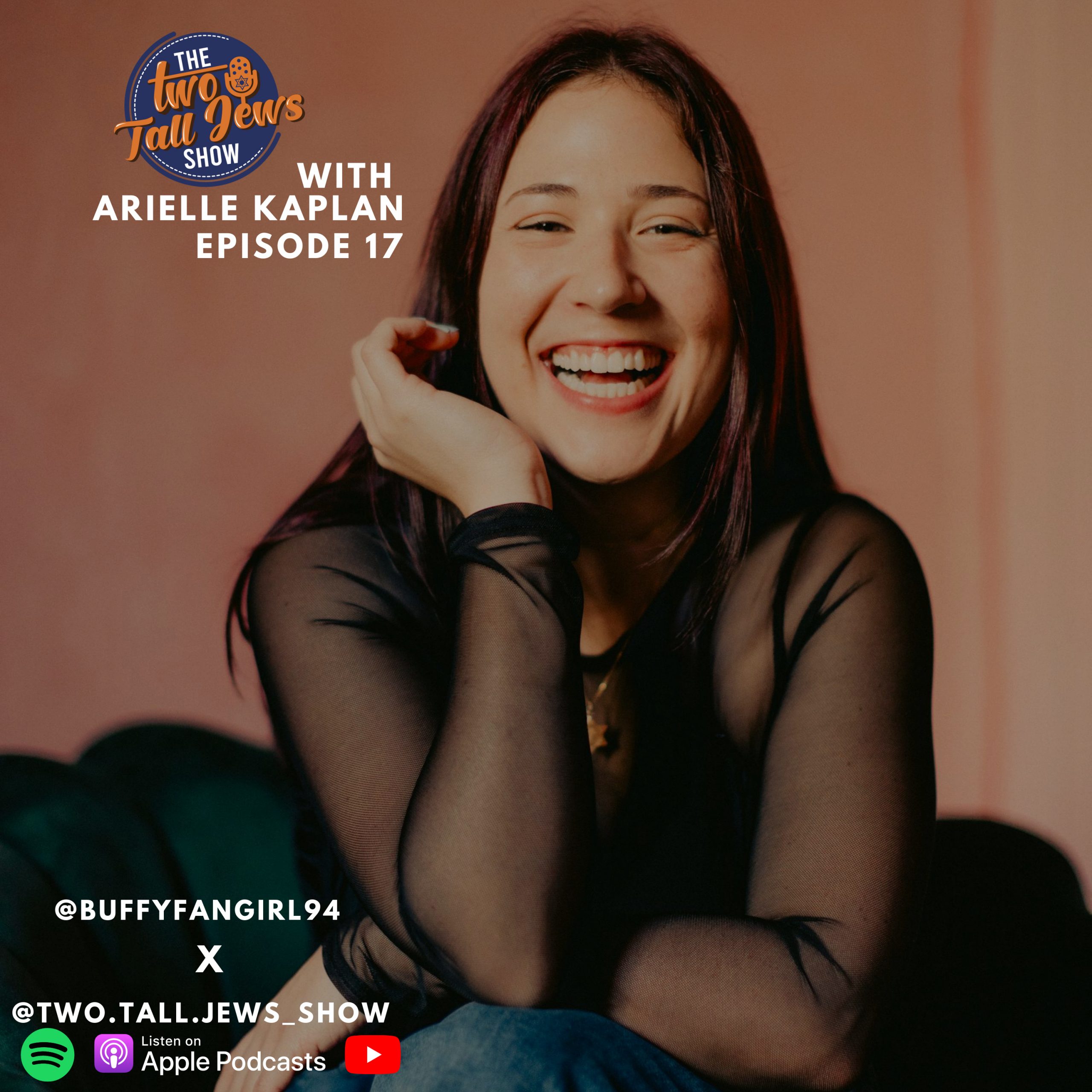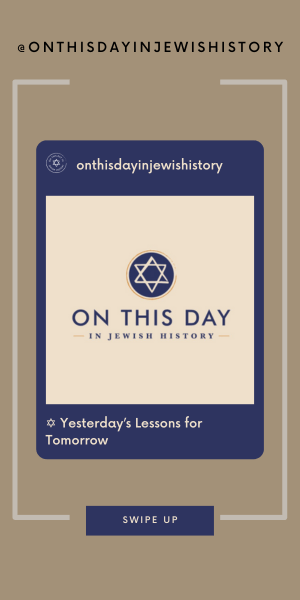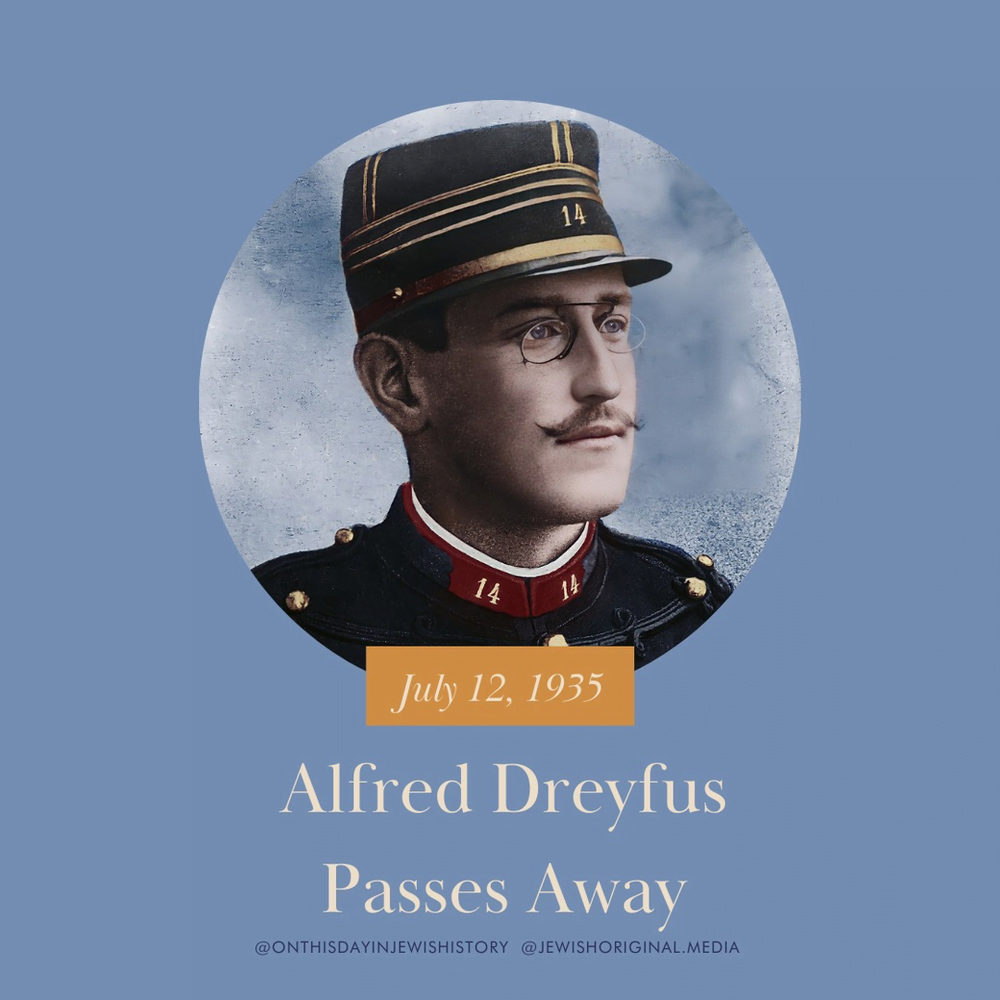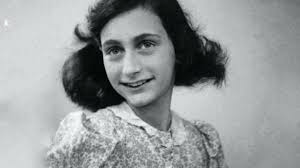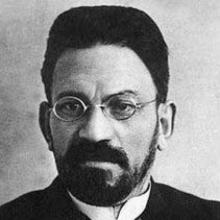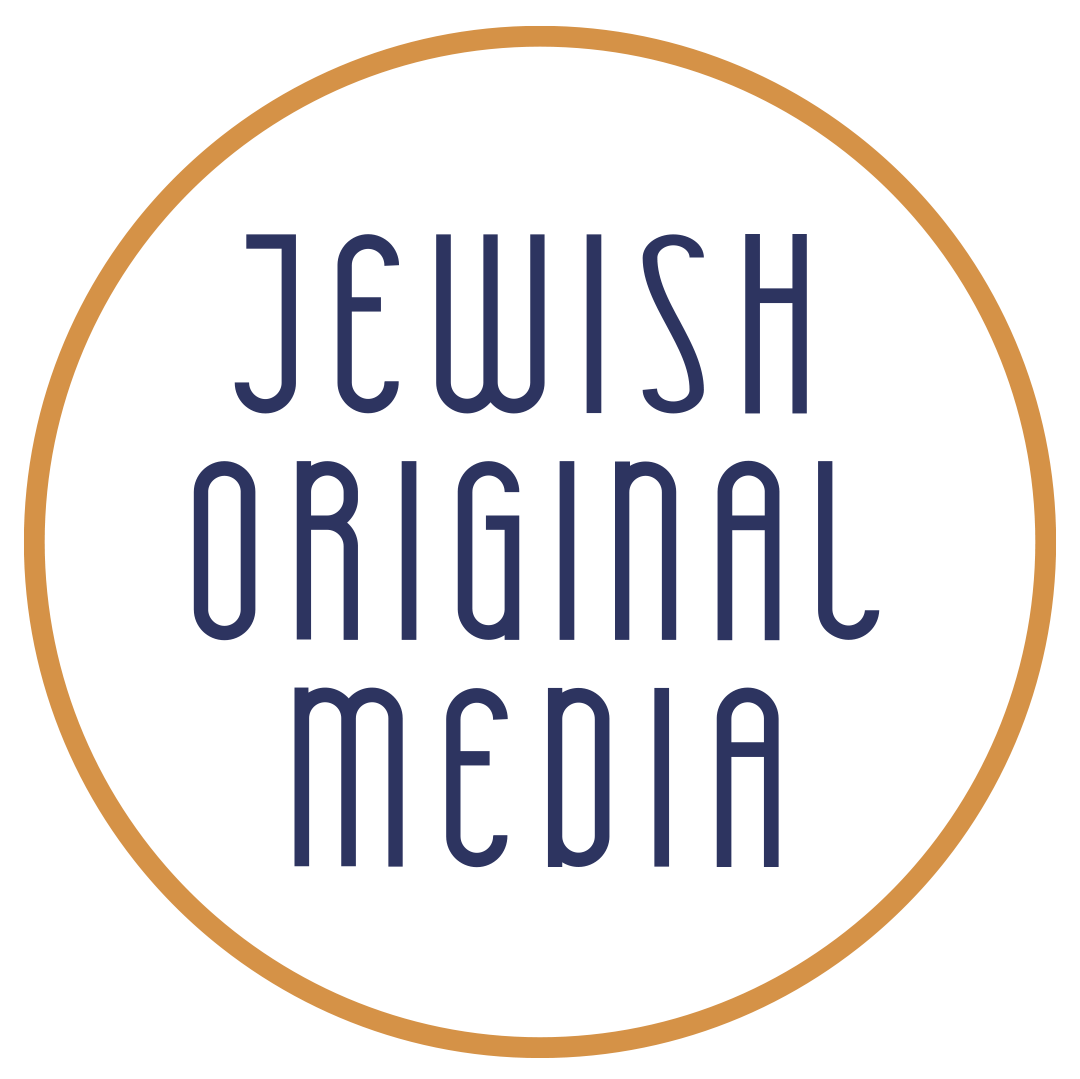Latest posts
Intro
Understand the Jewish perspective on Jewish history. An On This Day in Jewish History production - Isaac and Meyer are here to dive deeper into the aspects, dates, concepts, people, places, and opinions about Judaism and Jewish History that we can't full cover in...
Alice Bronstein on Silent Meditation and our Spiritual Journeys
Today we are pumped to be hosting Alice Bronstein from the Beautiful People Podcast to chat about her experience with silent meditation retreats, each of our individual spiritual connections and the overall journeys that we are always on. Certainly a different type of...
Arielle Kaplan on Sex Journalism and the Intersection with her Jewish Identity
On today’s episode, we are very excited to be with Arielle Kaplan. Arielle is the host of the “Balls Deep” podcast, with her friend Rachel Wainz where they explore topics of sex, dating, relationships while answering "all of your most embarrassing Google searches" ...
Jewish History

Unfolding of Operation Protective Edge: A Historical Deep Dive
An engaging exploration of Operation Protective Edge, this blog post delves into key events and impacts during this significant moment in history. The in-depth analysis covers the events from June to August 2014, reflecting on the factors and aftermath of this operation.
Celebrating the Life of Jan Karski, Poland’s Righteous Among the Nations
Explore the compelling life of Jan Karski, Poland’s Righteous Among the Nations, who dedicated his life to exposing the horrors of the Holocaust and combating Nazi crimes in WWII.
A Detailed Retelling: The Completion of Operation Thunderbolt in Entebbe, 1976
A meticulous retelling of Operation Thunderbolt in Entebbe, a historic counter-terrorism hostage rescue mission that took place on July 4th, 1976.
Two Tall Jews Show
Explore Your Favorite Topics
Discover a wealth of knowledge across a diverse range of subjects. Delve into engaging articles on Jewish history, culture, traditions, and contemporary issues. Unearth insights and inspiration as you navigate through our carefully curated content.
Antisemitism
Personal Growth
Jewish Holidays
Judaism
Israel
Holocaust
First Temple
Rosh Hashanah
Jewish Freedom
Jerusalem
All Tags
Two Tall Jews Show
Adela Cojab on Institutional Antisemitism at NYU and Future for Jewish Students on College Campuses
On the 15th (!) episode of The Two Tall Jews Show, we sat down with Adela Cojab, Adela is a recent NYU graduate, published author, and Israel activist. As a student, she was president of “Realize Israel”, a Senator on the NYU Student Government, Vice President of...
Rudy Rochman on Jewish Identity and True Nature of the Israeli-Palestinian Conflict
Rudy Rochman (@rudy_israel) is a human rights activist who has fought tirelessly for the rights of Jews and Israelis. A veteran of the Israeli Defense Forces. At seventeen, Rudy was part of the elite paratroopers unit, Tzanchanim, and served from 2011-2013 Following...
Holocaust
Celebrating the Life of Jan Karski, Poland’s Righteous Among the Nations
Explore the compelling life of Jan Karski, Poland’s Righteous Among the Nations, who dedicated his life to exposing the horrors of the Holocaust and combating Nazi crimes in WWII.
The Impact and Evolution of the Law of Return since 1950
On This Day in Jewish History: July 5, 1950 . This monumental event is one of Jewish history’s most critically progressive moments in…
The Kielce Pogrom of 1946: A Dark Chapter in Post-War Jewish History
On This Day in Jewish History: July 4th, 1946 . A mob of Polish soldiers, police officers, and Polish civilians murdered at least 42 Jews…
The Liquidation of Warsaw Ghetto, 1942: An Indelible Event in Jewish History
On This Day in Jewish History: July 22, 1942: On July 22, 1942, the Nazi’s began to implement the Grossaktion (Great Action) as part of…
The Vilna Ghetto: A Testament to Jewish Resilience and Resistance in the Face of Adversity
On This Day in Jewish History: September 6, 1941. Originally home to a large Jewish community, the 1939 population of the Vilna region…
The Tragic Romanian Pogrom of 1941: A Deadly Clash of Antisemitic Forces
#OTDJH: January 21-24, 1941 January 21, 1941, marks the beginning of a sadistic three-day pogrom in Romania, which left 125 Jews dead…
Jewish Holidays
No Results Found
The page you requested could not be found. Try refining your search, or use the navigation above to locate the post.
Key Jewish Figures
The Life and Legacy of Alfred Dreyfus: A Crucial Figure in Jewish History
Explore the profound and enduring legacy of Alfred Dreyfus, a pivotal figure in Jewish and French history. Understand the historical context, his trial’s impact, and his influential role in shaping Jewish identity and assimilation.
Anne Frank’s Birthday, 1929 – A Significant Mark in Jewish History
Commemorating Anne Frank’s birthday on June 12, 1929, this blog post delves into her remarkable life, her wartime experiences, and the legacy of her diary.
The Trial of Menahem Mendel Beilis: A Landmark Event in Jewish History
On This Day in Jewish History: September 25, 1913. On this day in 1913, the trial of Mendel Beilis began in Kiev in the Russian Empire….
Stay Up to Date With The Latest News & Updates
Join Our Newsletter
Stay connected and informed by subscribing to our newsletter. Receive exclusive updates, insights, and news on the latest in Jewish history, culture, and education.
Follow Us
Stay engaged with our community by following us on social media. Discover daily inspiration, education, and thought-provoking content that deepens your understanding of Jewish heritage.
